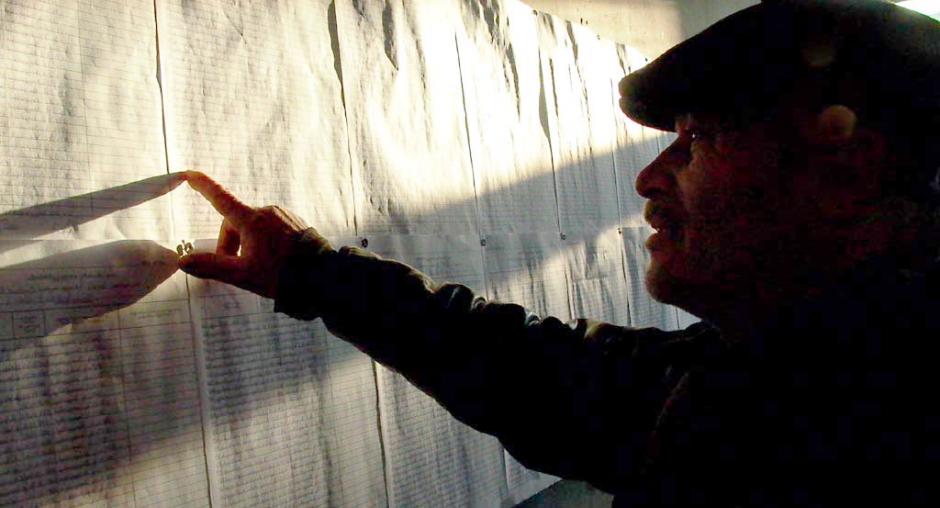Extraordinary Presidential Election, 4 January 2004

Type:
Country:
Mission at a glance
- Head of Mission: Craig Jenness (Canada)
- 13 core staff in Tbilisi
- 24 long-term observers deployed to 10 regional centres
- 450 short-term observers
- Core team and long-term observers drawn from 18 OSCE participating States
Mission schedule
- 29 Nov.: Advance team of OSCE/ODIHR experts
- 5 Dec.: Mission opens with arrival of the core team
- 10 Dec.: Briefing of long-term observers
- 11 Dec.: Deployment of long-term observers
- 30 Dec.: Arrival of short-term observers
- 4 Jan.: Election day
- 5 Jan.: Press conference in Tbilisi
In response to an invitation from Georgia's Foreign Minister, ODIHR established an election observation mission on 8 December 2003 to observe the extraordinary presidential election 4 January 2004.
Headed by Craig Jenness of Canada, the mission consisted of 38 election experts and long-term observers deployed in Tbilisi and in 10 regions throughout the country. Observers were not deployed in Abkhazia or parts of South Ossetia where elections were not conducted.
On election day, the mission was joined by representatives of the OSCE Parliamentary Assembly, the Parliamentary Assembly of the Council of Europe, and the European Parliament. Together, 450 short-term observers from 38 OSCE participating States were deployed for election day.
According to the mission's final report: "In contrast to the 2 November 2003 parliamentary elections that were characterized by systematic and widespread fraud, the authorities generally displayed the collective political will to conduct a more genuine democratic election process. The establishment of a new voter register was particularly significant for contributing to enhanced public confidence in the election process.
"Nevertheless, in view of the exceptional circumstances that lead up to the 4 January extraordinary presidential election, the lack of a truly competitive political environment, and the short election timeframe, the 28 March repeat parliamentary elections will be a more genuine indicator of Georgia’s commitment to a democratic election."
